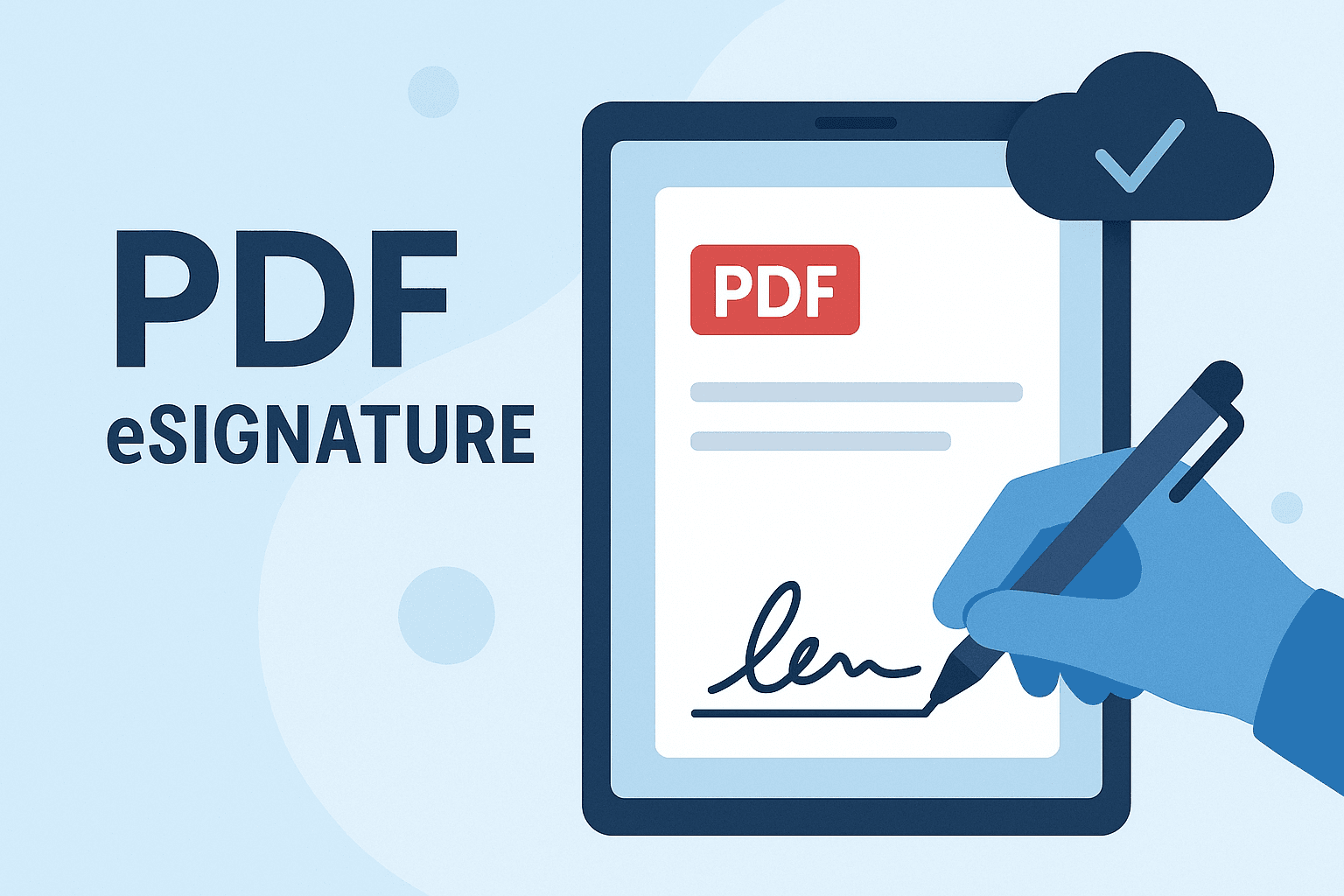Can I create my own digital certificate?





Can I Create My Own Digital Certificate?
In today’s digital-first world, the need for secure, verifiable, and legally-recognized digital documents has never been greater. Whether you’re signing contracts, authenticating users, or encrypting communications, digital certificates play a key role in ensuring data integrity and user trust. With this in mind, it’s not uncommon to wonder: “Can I create my own digital certificate?”
The short answer is yes—you can create your own digital certificate. However, whether it holds legal or practical value under local regulations is another question entirely. Let’s explore what digital certificates are, how you can create one, and what local compliance considerations you must keep in mind—especially if you’re operating in regions like Hong Kong or Southeast Asia.

What Is a Digital Certificate?
A digital certificate—sometimes referred to as a public key certificate—is an electronic credential used to authenticate the identity of an individual, organization, or device. It confirms that the public key contained within the certificate truly belongs to the individual or entity listed.
These certificates are issued by trusted authorities known as Certificate Authorities (CAs). Commonly used in secure email communications, encrypted websites (SSL/TLS), and digital signatures, digital certificates play a vital role in cybersecurity.
How Can You Create a Digital Certificate?
From a technical standpoint, anyone with the right knowledge and tools can generate a digital certificate using APIs or software like OpenSSL. The general steps include:
- Generate a key pair (public and private).
- Create a Certificate Signing Request (CSR).
- Use a tool to sign the certificate—either by a CA or self-signed.
For private, internal use—such as within your company or a personal development environment—a self-signed certificate may suffice.
Self-Signed vs Certificate Authority Issued
The key legal and functional distinction is whether the certificate is trusted outside your network.
-
Self-Signed Certificates: These are generated and signed by the same entity. They work for internal testing or private systems but are not recognized as trustworthy by browsers, operating systems, or legal authorities.
-
CA-Issued Certificates: Trusted CAs verify your identity and issue certificates that are accepted across systems, browsers, and jurisdictions. This trust is critical for everything from secure websites to court-admissible electronic signatures.

Legal Considerations in Hong Kong and Southeast Asia
If you’re considering using a digital certificate in an official or legal capacity—like digitally signing contracts or submitting government paperwork—compliance with regional electronic transaction laws is critical.
-
Hong Kong: The Electronic Transactions Ordinance (Cap. 553) recognizes digital signatures supported by digital certificates issued by recognized certification authorities. Self-signed or unofficial certificates may not be considered legally binding or admissible in court.
-
Singapore: Under the Electronic Transactions Act, digital signatures are deemed secure when they are supported by a valid digital certificate from a licensed CA.
-
Malaysia and Indonesia: Similar laws govern digital signatures, often requiring certification with approved Trust Service Providers under local governance boards.
This means that while you can technically create your own certificate, using it in legally binding contexts without a trusted CA-backed certificate might not fulfill compliance requirements.
Why Trust Is Crucial
Digital trust isn’t just a buzzword—it’s a necessity. Trusted digital certificates enforce accurate identity verification processes, maintain data integrity, and provide tamper-evident assurance, which is why local laws often require certification through regulation-compliant providers.
In addition, using recognized certification authorities ensures cross-border document portability—something critical in international business, particularly in a region as interconnected as Southeast Asia.

Practical Use Cases for Your Own Certificate
While self-generated digital certificates aren’t suitable for public-facing or legal use, they can be highly useful in:
- Development environments: Ideal for testing web applications over HTTPS.
- Internal systems: Encrypting internal communication channels or securing intranet tools.
- Prototype projects: Use in applications not yet launched to the public.
However, when transitioning from testing to production—or moving from internal to external stakeholders—it’s time to invest in a certificate from a trusted CA.
Can I Use a Self-Signed Certificate to Sign Documents Legally?
This is where it gets tricky. According to most jurisdictions in Hong Kong and ASEAN, legally enforceable electronic signatures require:
- A secure method of identifying the signer.
- A tamper-evident mechanism.
- Certification issued by a recognized or licensed Certification Authority.
A self-signed certificate typically fails to meet these conditions, especially #3. Hence, while you may “sign” a document digitally using your own certificate, the signature may not be legally binding or accepted in court under most local laws.

Alternatives That Meet Regional Compliance
If your goal is to create digital signatures with full legal enforceability across Hong Kong, Singapore, Malaysia, and beyond, using a compliant digital signing service is recommended.
Well-known platforms like DocuSign are often cited in the global market. However, for users in Hong Kong and Southeast Asia seeking regional compliance, a strong alternative is eSignGlobal.
eSignGlobal is designed with local electronic transaction laws in mind. It combines internationally secure encryption standards with regionally-compliant certificates, ensuring your digital documents are legally binding—and recognized by the relevant authorities.
Whether you’re a startup doing cross-border business or an enterprise handling sensitive data, eSignGlobal provides legally valid digital signature solutions without the complexity of managing your own certification infrastructure.

Conclusion
So, can you create your own digital certificate? Technically, yes. Functionally and legally, it depends heavily on how and where you plan to use it. For internal testing or development, a self-signed certificate works fine. For any legally binding, public, or production-level use—especially in regions like Hong Kong or Southeast Asia—your best bet is to work with a recognized certification authority or compliant digital signature service.
Choosing the right solution ensures not only the integrity and security of your digital interactions but also that your documents hold legal weight across borders. And for users in Hong Kong and Southeast Asia, selecting a service like eSignGlobal aligns your needs with both international standards and regional laws.

 Only business email allowed
Only business email allowed


